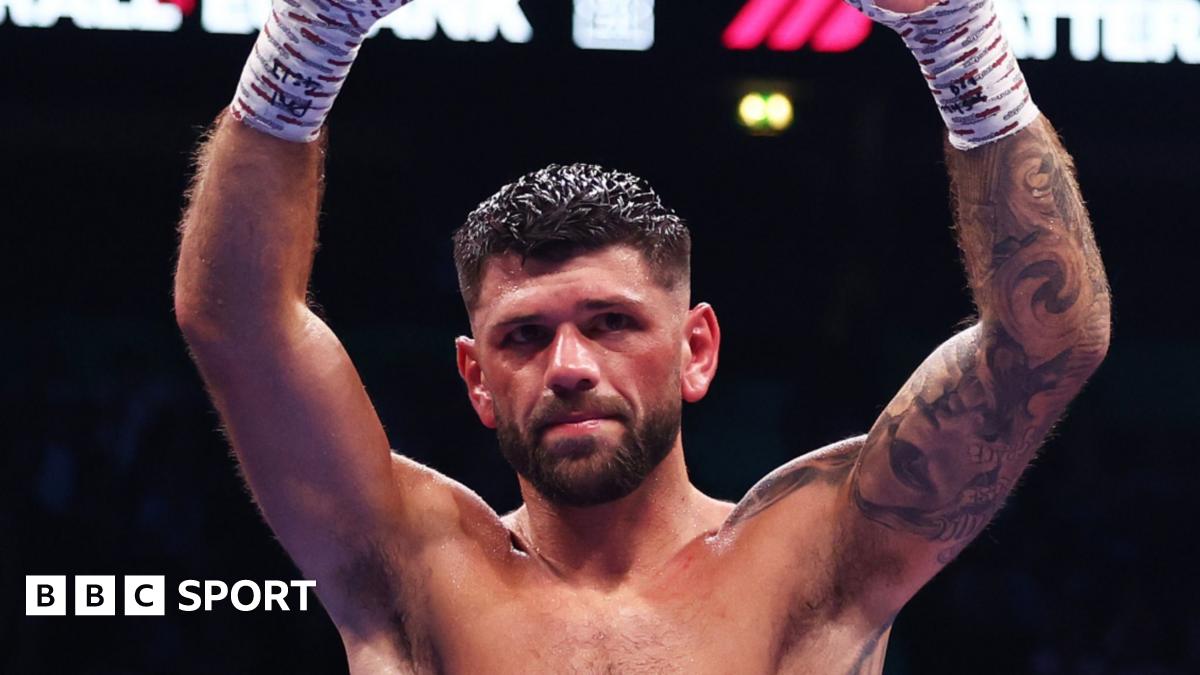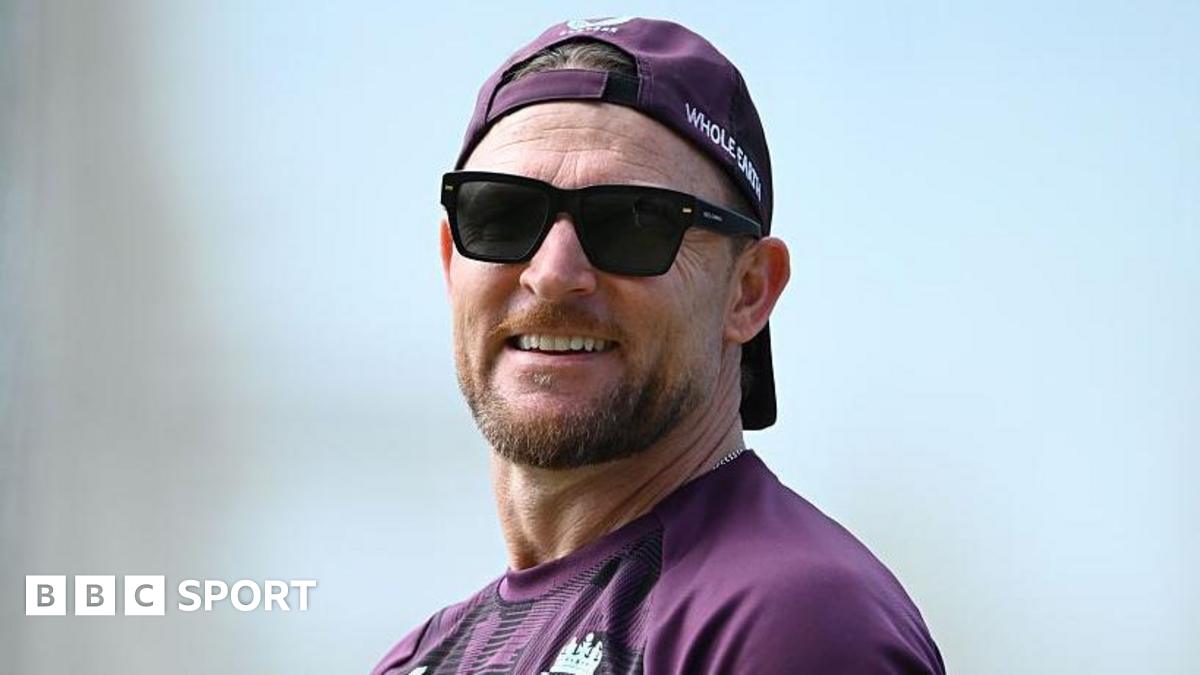James LandaleDiplomatic correspondent, New York
Donald Trump's speech to the United Nations was one of the clearest expositions of the way he sees the world, his ideology in its rawest form.
To his supporters, it will be seen as Trumpism unplugged; to his critics, Trumpism unhinged.
Over almost an hour, he took aim at his opponents and their ideas, picking them off one by one as he toured the world. He began at home, praising the United States and himself. He said the US was living through a golden age and repeated his much-disputed claim that he had personally ended seven wars, something he argued merited a Nobel Peace Prize.
But then the president laid into his hosts. The UN, he said, had not helped his peace-making. He questioned the organisation's purpose, saying it had tremendous potential but was not living up to that. All it did, he claimed, was write strongly worded letters that it did not follow up. Empty words, he said, did not end wars.
He also attacked the UN for the aid it gave to asylum seekers hoping to enter the US, saying "The UN is supposed to stop invasions, not create them and not finance them." The president even attacked the UN for a broken escalator and teleprompter that disrupted his visit and speech.
On one level, he has a point. Many analysts question the effectiveness of the UN in resolving conflict these days, pointing in particular to gridlock in the Security Council and the body's unresponsive bureaucracy.
But on another level Trump can be seen himself a cause and symptom of the UN's lack of effectiveness; for he believes global crises are best resolved by powerful men like him getting together and hammering out a deal, not using multilateral bodies like the UN to work out collective solutions. Under Trump, the US has withdrawn much of its UN funding, leaving the body forced to cut its humanitarian work around the world.
Trump saved perhaps his biggest criticism for his European allies, attacking the continent for investing in renewable energy, and opening its borders to migration.
"Europe is in serious trouble. They have been invaded by a force of illegal aliens like nobody has ever seen before… Both the immigration and suicidal energy ideas will be the death of Western Europe," he said.
Climate change, he claimed to audible gasps, was "the greatest con job ever perpetrated on the world" and was lumbering European countries with expensive energy costs compared to fossil fuels. He criticised in particular the UK government for imposing new taxes on North Sea oil.
"If you don't get away from the green energy scam, your country is going to fail," he said.
"I love Europe. I love the people of Europe. And I hate to see it being devastated by energy and immigration. This double-tailed monster destroys everything in its wake… you want to be politically correct and you are destroying your heritage."
Note that last point. It echoes what the president said during his state visit to the UK last week when he spoke of the importance of defending the values of what he called "the English-speaking world".
There is a cultural edge to Mr Trump's criticism of Europe, a sense that he believes uncontrolled immigration is threatening what he sees as Europe's Judeo Christian heritage. Not for nothing is Trump the leader of an administration that wears its religion firmly on its sleeve. "Let us protect religious liberty," he told the UN, "including for the most persecuted religion on the planet today – it's called Christianity."
On a specific point of policy, the most substantive warning Trump gave related to Russia's war on Ukraine. He said President Putin's refusal to end the conflict was "not making Russia look good". He said the US was prepared "to impose a very strong round of powerful tariffs" to end the bloodshed. But he said European nations had to stop buying Russian energy, claiming he only found out two weeks ago that some were doing so.
In practice, Hungary and Slovakia are the only substantive European buyers of Russian oil. Diplomats say Mr Trump is hiding behind this so he does not have to impose secondary sanctions on India and China which are both buying huge amounts of cheap Russian energy, both of whom were cited by Trump.
Perhaps more important than his speech was Trump's social media post a short while later where he asserted for the first time Ukraine could be in a position to win back all of its territory.
His dismissal of Russia as a "paper tiger" and not a "real military power" will hurt President Putin, who is sensitive to any suggestion his country is not a global player. Diplomats said this was the latest example of Mr Trump's journey towards a position that is more critical of Russia.
But one should always treat Trump's words with a pinch of salt. He was being optimistic only moments after meeting Ukraine's President Zelensky at the UN.
And he said Ukraine could win back territory with EU and Nato support; there was no mention of the US involvement. All the evidence of the last few years is that this is a war of slow attrition and Ukraine would not retake land from Russia without massive US military support.
So this was undiluted Trump; a defence of America and the nation state, an assault on multilateralism and globalism, a stream of consciousness with questionable assertions.
Six years ago Trump's audience at the UN laughed at his at times unfactual assertions; this year they listened largely in silence.
"I am really good at this stuff," he told world leaders. "Your countries are going to hell."
.png)
 2 months ago
11
2 months ago
11








 English (US) ·
English (US) ·